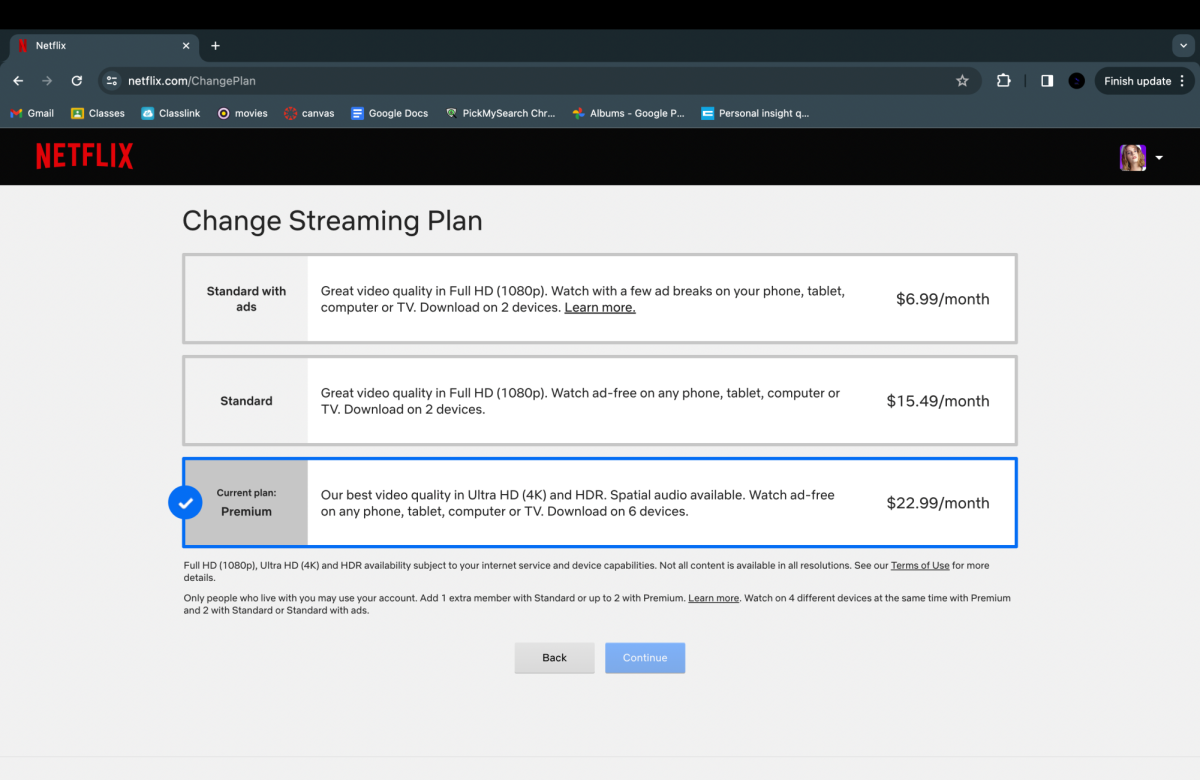Why Net Neutrality is Important
The FCC has recently put net neutrality into effect . With the upcoming elections however there is rumors of the removal of the rule. Net neutrality is essential for the internet to function and once again must be defended.
October 14, 2015
Net neutrality, by definition, is the principle that Internet service providers should enable access to all content and applications regardless of the source, without favoring or blocking particular products or websites. This simply means that ISPs (Internet Service Providers) cannot discriminate data- meaning everything you download or upload, using your internet, will be at the same speed.
How does net neutrality work? Let’s say that there is a road from the internet to your house that ISPs (Internet Service Providers) like Verizon, Comcast, or Time Warner Cable made for you. Net neutrality would make it that ISPs could not set rules on who got to use the road or how to use it. Netflix or any other big company would travel down the road to your house just as fast as any other website on the internet. ISPs however, stated that this rule prevents them from making a new “fast lane” that allowed certain services to travel faster. These fast lanes would be a side road that ran along the main road that only selected services could use, making them arrive to you faster. In reality though, what ISPs are really doing is splitting the main road in half and only maintaining half it, leaving the other half to fall apart. The ISPs would then charge even more to use the new “fast lane”, the same road you had before, or else your data would have to travel slower on the other side of the road that is falling apart.
The idea of net neutrality was put into effect by the FCC (Federal Communications Commission) in 2005 and stated that all data must be treated the same regardless of the content. Shortly after, Comcast began to throttle BitTorrent (which was a major violation against the new proposed policy). A lawsuit was filed and Comcast won stating that the new rule was not official enough. In 2010 the FCC created the “Open Internet Order of 2010” and was voted and passed, making it official. Verizon then claimed that FCC could not enforce the new rule because it seemed to only apply to common carriers, which Verizon claimed ISPs were not. Verizon won and the FCC was once again unsuccessful with limiting the ISPs.
Some might say that we can’t be for sure that ISPs would in fact limit our data and there is a strong possibility that they have good intentions. However, we have already seen an ISP abusing its power. Verizon had forced Netflix to pay extra for it’s surplus of service and when Netflix refused, Verizon throttled the service. Following after, Netflix publicly announced to its Verizon customers what had happened and Verizon quickly sued for defacing the company. Verizon won and Netflix soon began to pay Verizon extra for their services.
In February 2015, the FCC classified ISPs as public utilities or common carriers, meaning that Net Neutrality finally could be enforced. However, with the upcoming elections, there is talk about removing this rule to allow ISPs to have power once again. It is up to us to make sure that everyone has fair access of the internet and that we have a voice in today’s world. Please consider net neutrality next time when voting, the internet is a beautiful place with no limitations and it’s our duty to keep it that way.










